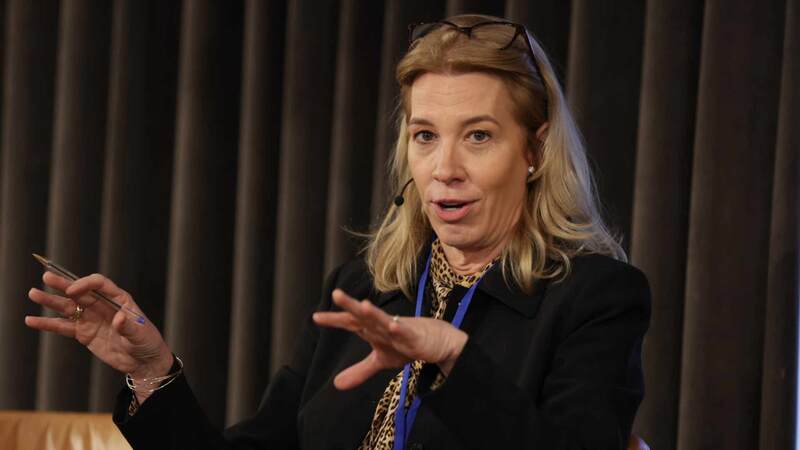You are viewing your 1 free article this month. Login to read more articles.
Hope springs
A few years back a senior publisher at one of the big trade houses asked me if I could provide them with a list of independent presses…

A few years back a senior publisher at one of the big trade houses asked me if I could provide them with a list of independent presses – you know, those who we read about regularly in the mainstream press, who win our own Small Press prize at the British Book Awards, and who, no doubt, are members of the vocal and effective Independent Publishers Guild.
I mention this now because the collapse of the respected Scottish indie Sandstone Press last week, the recent crowd-funders launched by The Henningham Family Press and HopeRoad suggests a shift in the market that we last saw at the beginning of the pandemic. In those early weeks of 2020 we launched a survey of the small press sector to assess its durability to the expected downturn, helping – I hope – to focus the minds of Arts Council England (and other national support bodies) on the likely impact of the looming volatility. Three years on and it may be that we must take that temperature again.
This tale is not an unexpected one. Increased costs, a rise in the amount of time it takes to produce and ship books, and a softening of the market are all taking their toll. Support, which was more available during Covid, has also become more limited. In launching her bid for £75,000 to secure a two-year growth plan HopeRoad founder Rosemarie Hudson writes: “Like many independent publishers, we have faced unprecedented pressures on our cashflow and sadly have not been able to attract Arts Council England funding in this current round, which we have previously relied on.”
This week’s lead story suggests that Hudson is not alone in feeling these pressures. Will Dady, managing director and publisher of Renard Press in east London, cites rocketing distribution, printing and staffing costs. Sam Jordison, co-founder of Galley Beggar Press in Norwich, explains that “the money from book sales – which should and would have been used to build up our reserves and strengthen our long-term sustainability – has been used up meeting the challenges that the UK currently faces”. Laura Jones of Scottish Press 404 Ink says this will be a “make or break” year for that publisher.
Independent publishing has long been a distinct and vibrant part of the wider UK publishing scene, with smaller publishers often at the forefront of new ways of publishing and new trends in the market. I tend to resist the notion that being an indie is a virtue in itself, but without doubt the book trade is a better business when indies can launch, thrive and then add to the collective pot. Their closeness to the market is the antidote to the bigger publishers’ distance.
Last week I wrote how sales were a matter of necessity for Indies – not the cherry on top. Now we can see why. I don’t know if the senior publisher ever got their list or did their own research, but as far as the indies are concerned we should be looking to them, not away.
















